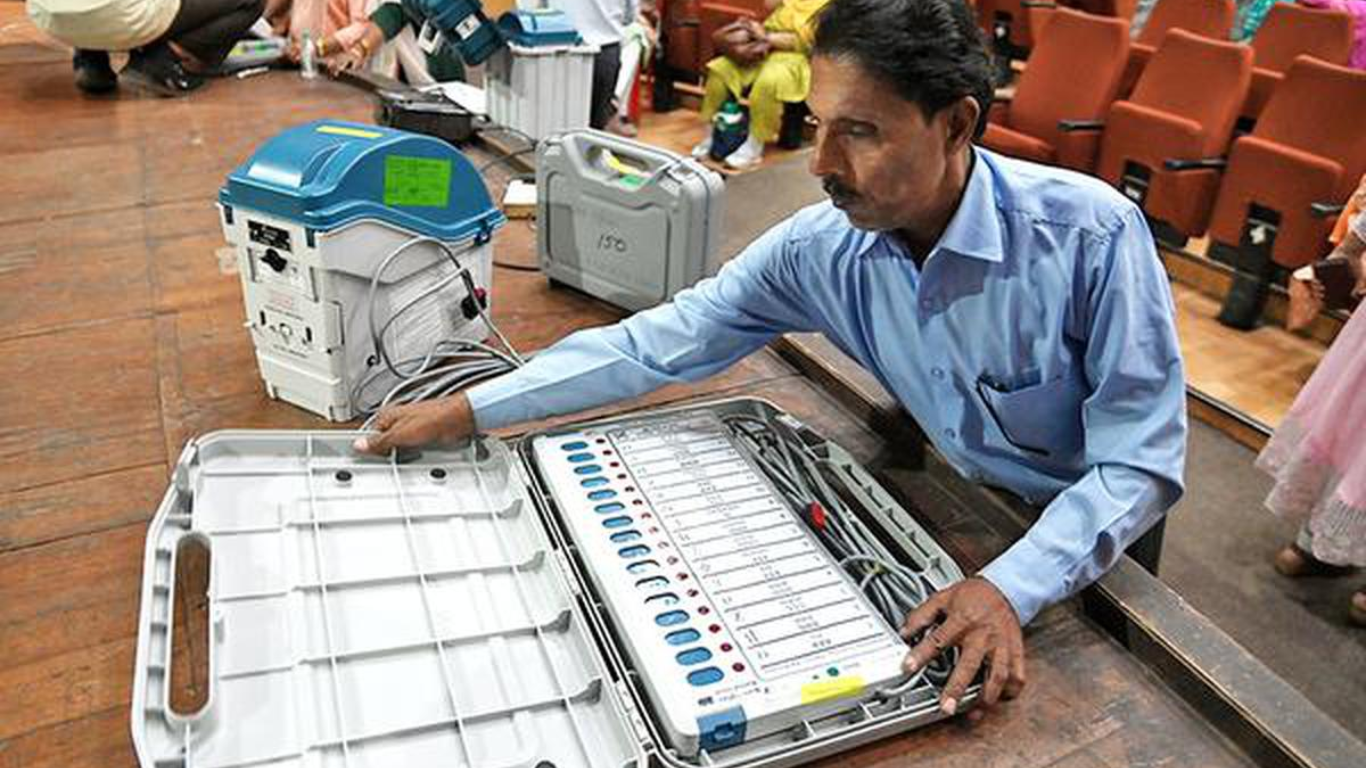The Court additionally suggests the use of electronic devices for tallying paper slips and proposes the inclusion of bar codes alongside party symbols. The Bench mandates that Symbol Loading Units (SLUs) must be securely sealed following the loading of symbols starting from May 1, 2024. These sealed SLUs will be kept alongside the EVMs for a period of 45 days post-election.
However, the Court dismisses requests for paper ballot voting, comprehensive EVM-VVPAT verification, and the physical collection of VVPAT slips.
The Supreme Court issued directives regarding a series of petitions advocating for a full cross-verification of vote counts in electronic voting machines (EVMs) with Voter Verifiable Paper Audit Trail (VVPAT) paper slips. Justices Khanna and Dipankar Datta, after reserving judgment on April 18, reconvened on Wednesday, a departure from the norm, with additional queries for the top electoral authority.
The announcement of the verdict coincides with the second phase of polling for the General Elections to the Lok Sabha. According to the cause list, the judges will deliver two separate judgments. The Court also recommends the use of electronic devices for tallying paper slips and suggests the inclusion of bar codes alongside party symbols.
Petitioners, including the Association for Democratic Reforms (ADR), emphasized the fundamental right of voters to have confidence in the electoral process. They argued that the 97 crore registered voters in the country deserve a more transparent electoral system, whether or not EVMs are involved.
READ MORE: Lok Sabha Elections 2024: Heatwave Likely To Hit Voters As They Gear Up For Second Phase
The VVPAT machine, connected to the EVM’s ballot unit, generates a paper slip displaying the voter’s choice upon casting the vote. This slip remains visible for seven seconds, allowing the voter to verify their vote before it drops into a designated compartment. However, not all votes undergo verification; VVPAT slips are only used to verify votes cast in five randomly selected polling booths per constituency.
Highlighting the risk of manipulation, senior advocate Prashant Bhushan noted that both EVMS and VVPATs contain programmable chips, with the Election Commission of India (ECI) previously refusing to disclose their source code, citing manufacturer intellectual property rights.
In response, the ECI stated that it cross-checked EVM votes with over 4 crore VVPAT slips, asserting the absence of discrepancies. It further assured the impossibility of EVM manipulation.
The ECI also mentioned the challenges in counting 100% VVPAT slips, citing the time-consuming nature of the process. Additionally, it stated that EVM manufacturers were unaware of button allocation to candidates or the destination constituency of the machine.






















